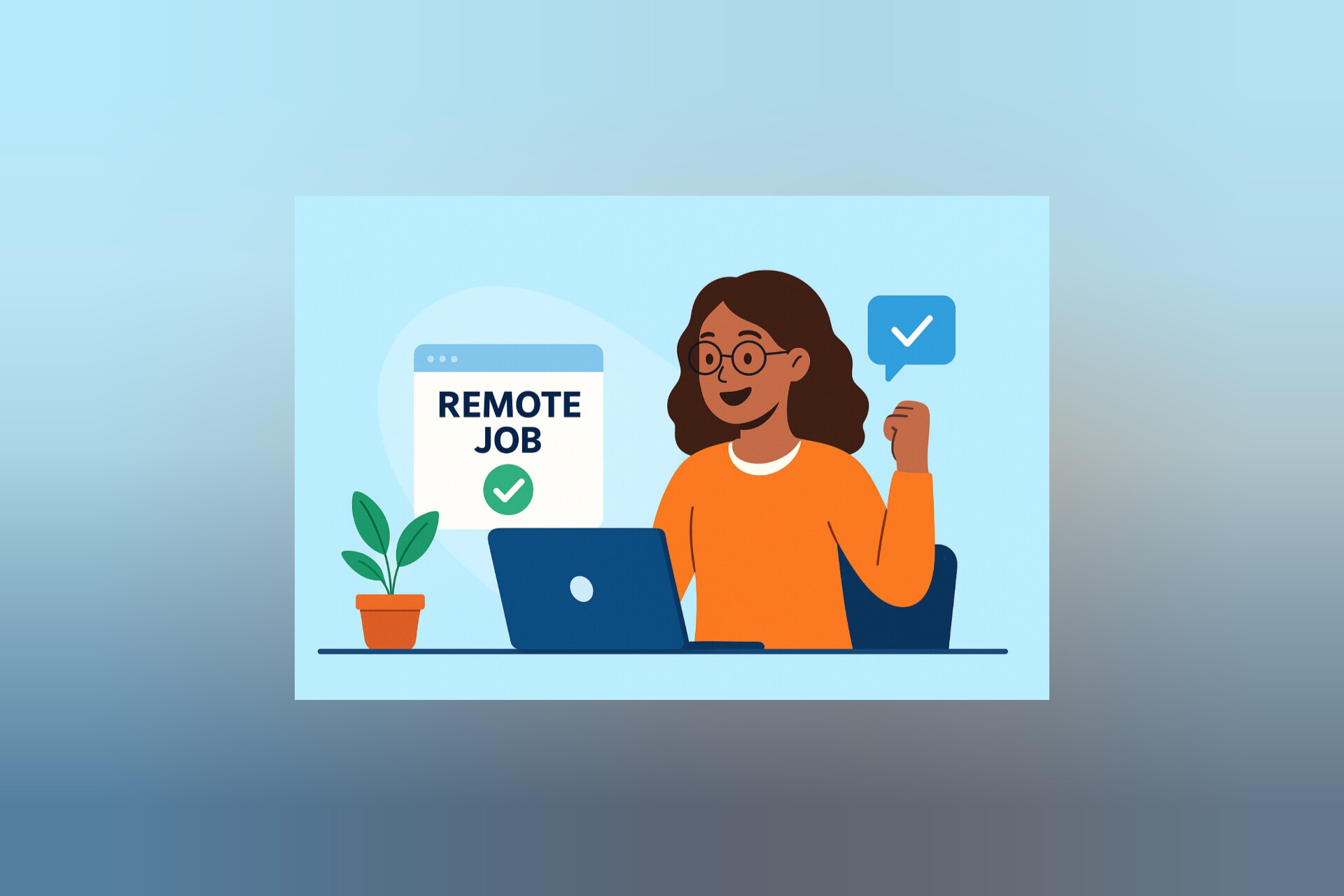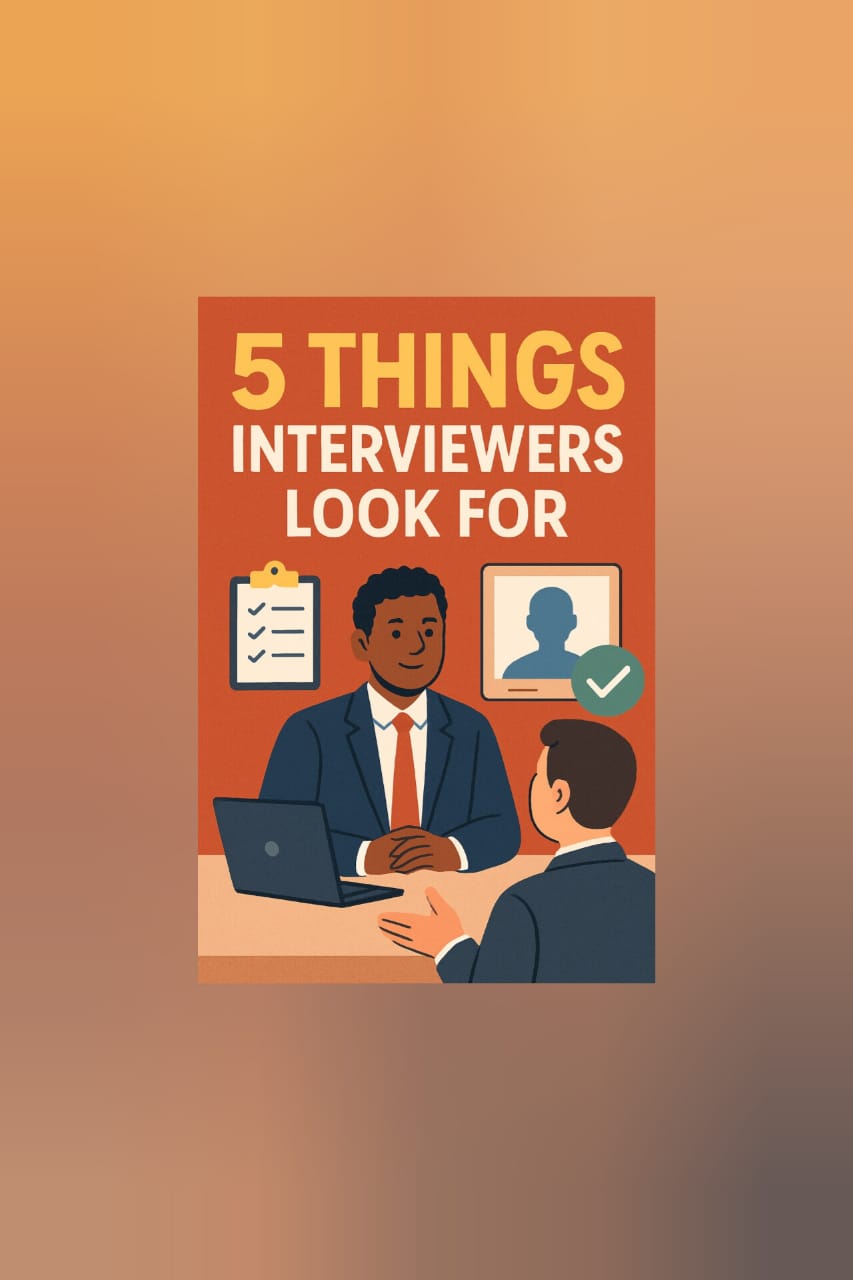
Imagine you wake up, open your laptop, and your workday begins without traffic snarls or crowded trains. For many Indians today, this is reality. But when you think about working from home, two paths immediately appear: remote employment and freelancing. Both sound flexible, both promise opportunity, but one question sticks in every job seeker’s mind: Which path actually pays better in India?
It’s not as simple as picking one over the other. Salaries, security, career growth, and lifestyle all play their part. Let’s take this apart, piece by piece, and see what’s really going on.
Remote Employment: Predictability with a Paycheck
Remote employment is basically a regular job done from anywhere. You’re still an employee, just not sitting in a cubicle. Think of a software engineer in Bangalore working for a multinational firm, or a product manager in Mumbai handling teams across cities.
The biggest perk? Stability. You know when the money is coming, you know the benefits attached, and you know the company will handle taxes and compliance. Perks often include insurance, provident fund, and sometimes a budget for courses.
Salaries in remote jobs are straightforward. Software engineers are averaging between ₹10 to ₹15 lakh per year. Python developers with machine learning exposure stretch higher, somewhere around ₹12 to ₹20 lakh. Senior finance leaders, CFOs or Finance Controllers, touch the ₹30 lakh mark or more, though fewer of those jobs are fully remote.
Remote employment also keeps you visible in India’s top job portals. Naukri, Aplus Hub, LinkedIn, and others are filled with remote opportunities that come with long-term stability.
Freelancing: High Ceilings, Uneven Floors
Freelancing feels different. You become your own boss. You hunt for clients, set your rate, and decide what projects to accept. A Python developer in Hyderabad might work on an AI automation tool for a US startup, while a Java expert in Pune could be fixing legacy enterprise code for a fintech client.
The upside is clear. Freelancers often earn more per hour than employees. Rates range from ₹1,000 to ₹3,000 per hour depending on skill and experience. Consistent clients can push monthly income beyond what many remote jobs offer.
But there’s a flip side. Work can vanish. Payments can get delayed. There’s no PF, no health cover, no security blanket. You rely on platforms like Upwork, Fiverr, or freelance-focused sections of Indian job portals to keep the pipeline alive.
It’s rewarding, yes. But it’s also unpredictable.
Numbers Speak: Comparing Earnings
Here’s a snapshot of typical pay in 2025:
-
Remote software engineer jobs: ₹8 to ₹15 lakh yearly
-
Freelance software developers: ₹80,000 to ₹2 lakh monthly depending on workload
-
Remote Python developer jobs: ₹12 to ₹18 lakh yearly
-
Freelance Python developers: ₹1.5 to ₹3 lakh monthly with steady clients
-
Remote finance jobs at senior levels: ₹30 to ₹50 lakh yearly (rarely remote)
-
Freelance finance consultants: ₹1 to ₹5 lakh per project
Patterns emerge. Remote jobs win on consistency, freelancing wins on spikes.
Skillsets Shape the Choice
Your skills often dictate where you’ll thrive.
-
Software engineers and developers are in demand on both sides, but companies prefer stability. Remote employment suits those wanting structured growth.
-
Python developers can freelance in AI, automation, and web scraping, making freelancing lucrative. Java developers, however, find steadier opportunities in remote enterprise roles.
-
Product managers need coordination and long-term planning. Remote employment fits better. Freelancing as a PM is rare.
-
Finance leaders like CFOs or Controllers still find most opportunities inside established firms. Freelance roles exist but lean toward advisory projects, not full-time work.
Lifestyle Differences
It’s not just about money. Think lifestyle.
Remote employment brings balance. You work fixed hours, log off, and enjoy weekends. Freelancing brings freedom, but freedom often bleeds into chaos. Clients in different time zones, deadlines at odd hours, sudden dry spells.
The choice isn’t purely financial. It’s personal. Some people crave predictability. Others thrive in the unpredictability freelancing offers.
Geography Still Plays a Role
Mumbai still tilts heavily toward finance and consulting jobs. Remote employment dominates here, especially for finance controllers, analysts, and CFO-track roles.
Bangalore remains India’s tech capital. Software developers, Python coders, and AI consultants find both freelance gigs and remote jobs in abundance. The startup culture adds fuel to freelance demand.
Tier-II cities are gaining traction too. Thanks to reliable internet and expanding job portals, professionals in Jaipur, Kochi, or Indore are finding remote employment without leaving their hometowns.
Job Portals Reflect the Trend
A quick look at the big job portals shows the divide.
-
Remote jobs in India grew over 30 percent year on year.
-
Freelance opportunities are rising, but the majority of postings still emphasize stable roles.
-
AI and data science jobs are increasingly offered with remote flexibility, while finance remains more office-centric.
The signal is clear. Tech freelancing is booming. Non-tech freelancing, not as much.
Which Pays Better Then?
If we’re being brutally honest, freelancing can beat remote employment financially. A Python freelancer with solid clients can out-earn a remote software engineer easily. But freelancing demands hustle, patience, and the ability to stomach dry spells.
Remote jobs, on the other hand, offer peace of mind. You climb the ladder, get appraisals, and build credibility with a known brand. You may not see massive spikes in income, but you won’t suffer sudden droughts either.
Wrapping It Up
So which pays better? Freelancing, on paper. Remote jobs, in reality, for many people. The question isn’t only about money though. It’s about personality, skills, and how much uncertainty you’re willing to take on.
If you’re a fresher software developer in Mumbai, remote employment offers a structured start. If you’re a seasoned Python developer in Bangalore with a niche in AI, freelancing might double your earnings. And if you’re unsure? Start with remote employment, test the freelance waters on the side, and switch once you’re confident.
The Indian job market in 2025 is not rigid. Opportunities stretch across remote jobs, freelancing, hybrid work, and consulting. Your choice doesn’t lock you forever. It only sets your course for now.
So the next time you scroll through listings on Aplus Hub or LinkedIn, don’t just ask which job pays better. Ask which path makes sense for me today.
Don’t stress about searching every career page or job site. Stay ahead with the latest opportunities from different sources right here!
Related Articles
Scrolling through remote job boards feels like online dating sometimes — too many profiles, not enough real matches. Sure, there are tons of platforms saying they offer “remote roles,” but what do we actually get?
➡️ Low-quality jobs
➡️ Zero clarity
➡️ Ghosted after applying
➡️ And sometimes… scams 😬
Meanwhile, big companies are hiring remotely. Startups are going global. But finding those authentic roles in one place? Almost impossible. Most platforms make the job hunt a hustle — filters, fake postings, and unauthentic results.
Now here’s the plot twist. 🎬✨
Introducing Aplushub — the platform that said, “Enough of the nonsense!”
Aplushub brings 500+ legit remote jobs from trusted brands, remote-first companies, and fast-growing startups. Each opportunity actually leads somewhere.
Whether you’re in tech, marketing, HR, content, or just starting out — this platform gives remote job seekers what they’ve been begging for: authenticity + ease.
Remote work should be freedom, not frustration.
With Aplushub, it finally is. 🚀
Check this out Now- http://www.aplushub.com/
Ever walked out of an interview thinking, “I nailed it!”—only to never hear back? Well, as a consultant who’s seen hundreds of interviews, let me spill the chai: there are 5 things interviewers always notice—consciously or not!
1️⃣ How serious are you?
If you haven’t read about the company or what they’re building, it’s game over. Pro tip: ask a thoughtful question or share a suggestion—it screams I care!
2️⃣ Problem-solving mindset.
When given a situation, the focus isn’t just on getting the answer right—it’s on how you think. Even if you can’t solve it, showing logical “solutioning” wins big points.
3️⃣ Your first impression game.
For in-person interviews: dress right (Don't surpass shoes), How & when you use Hand gestures, how you place your hand & legs, shoulders upright or not, Never compromise on "Smile on a face"- these cover 40% of the decision.
Online? Camera on, audio checked, and wear something that shows effort (no, not your favorite hoodie).
4️⃣ The project connection.
Come prepped with at least one project that aligns with the JD or what the founders are building. That’s their Sweet spot.
5️⃣ The trust trigger—eye contact.
Be confident, look them in the eye (yes, even on Zoom). Confidence builds credibility.
Because remember—you’re not just being interviewed, you’re being observed ! 👀
You've gone through an education system that probably never taught you anything about professionalism, logical deconstruction, and comfort with ambiguity. You may have tremendous bookish knowledge, but lacking these three attributes is an immediate invisible red flag that will stop you from getting the job or the promotion you always wanted.
Let's throw some light on the top-5 common mistakes that highlight your lack of these attributes, and what you should be doing instead
- Showing up late without informing your interviewer/coordinator - there are genuine reasons one could be running late, but that needs to be duly communicated ahead of the planned interaction. Inform every marked on an invite, drop a text or give a call, but keep your stakeholders informed. Their time is as much valuable as yours.
- Turning up unprepared for the interview - if you are turning up unprepared, why is it that you are turning up at all? why waste your and interviewer's time? You are better off declining the opportunity, instead of ruining your reputation unnecessarily. You must invest 1 hour to read about the company, the opportunity, some information in the public domain and so on, if you have chosen to show up for an interview.
- Going silent instead of communicating effectively with your stakeholders - it might come as an insight but everyone knows you would evaluate multiple opportunities before chosing one, everyone knows that your decision might be influenced by your loved ones, and everyone is okay with your being unsure, but nobody likes to be left wondering about what might be happening. So, good, bad or ugly, communicate, communicate and communicate! You'll build more relationships that you ever thought, and you never know, one or more of these relationships may turn gold in the times to come.
- Rambling stuff that does not make sense - let us fill you in on another secret, nobody - not even the most successful individuals can know everything about everything in the world. So, when presented with topics/questions you have no clue about, you got to either draw parallels from what you have expertise on, rationally break down the information you are presented with to come up with simple yet logical answers, or admit you do not know anything about this but can talk about something relevant to the opportunity being discussed in detail.
- Demanding a bomb without a concrete rationale - the whole world is underpaid, friends! who doesn't want more, but that's not how it works. Your next compensation cannot ignore your current and/or previous compensations. If you chose to take a sabbatical, took an opportunity by taking a haircut, or become an entrepreneur that eventually did not work out, you have to make peace with your decision. Nobody else had a say in that! You can definitely demonstrate additional skills/knowledge that you acquired during this period (that surely has a value), but that value isn't the only figure on which your next compensation will be decided on. So, learn about the market standards and try to limit your ask within the broadly acceptable range.




